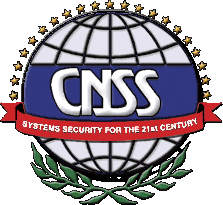This section highlights some of the projects which are underway in Ethos. This list is not exhaustive: Some projects are new and have not been disclosed, others are multifaceted containing security as just one component.
Projects
Projects exists at the center for a wide
variety of different sub-projects including
authorization, authentication, certificates,
cryptography, secure software,
complexity of authorization systems, and
formal methods of secure systems.
The list is primarily focused at design and implementation of Ethos, but many projects also have research components.
Projects
- Kernel hacking: building an OS requires building a kernel. We are implementing a kernel in C on top of Xen. Ethos started from a small OS in Xen called Mini-OS which provided low-level facilties which we extended to make a full OS supporting processes, a network stack, filesystem, authentication, etc. Kernel hacking divides into architecture dependent code (eg., for interrupts, context switching, paging) and architecture independent code (eg., authorization, authentication, file systems, etc.)
- Distributed authentication: we're working on building highly secure distributed services. The first service is SayI, an authentication service, which will be used in conjunction with MinimaLT.
- Ethos shell: El. El is intended to combine the best part of shells with the best part of scripting languages. Also, the building of tools to use with the shell.
- Ethos (graphics) markup language Em. Em is Ethos' graphic markup language, intended to make it very simple to build smartphone-type applications.
- User-space OS components: much of an OS is written in user space. There are many user-space components to build, including package management, tools (see El), and OS abstractions. We're using Go and El to write these routines.
- Applications: an OS without applications is incomplete. We need to see what effect Ethos has on application code. The first application will probably be secure messaging.
- High speed crypto: Ethos relies on NaCL, a high speed crypto library which provides all Ethos' crypto primitives (PI: Daniel J. Bernstein).

